Description
Mrs. Dalloway is a novel by Virginia Woolf that tells the story of one day the life of an aristocratic woman named Clarissa Delavie in post-World War I Britain. In the story of this novel, which is based on two short stories, Clarissa is preparing for a party that will be hosted by her that evening.
In order to create a perfect picture of Clarissa’s life and the social structure of England during the two world wars, the story is repeatedly moved back and forth in time and narrated from the minds and languages of various characters. According to many critics, Ms. Delavi’s novel contains some of the most beautiful, complex, and original sentences ever written in English, and this is a good reason to read this book.

Ms. Dalloway’s book
The feminist movement is one of the most influential movements formed in recent years. But if you want to know who was the first feminist woman in the history of literature, reading this book can undoubtedly be a good choice. Virginia and Wolf, as the first feminist women, wrote empirical and realistic novels that showed them the true status of women and invited them to be more present in society.
Why should you read this book?
Ms. Dalloway’s book is one of Virginia Woolf’s most important writings. This novel is one of the most famous books of the feminist movement that we recommend reading to all women and literature lovers. Ms. Dalavi’s book, in addition to having a beautiful story, makes the reader think deeply. This minute point is what is missing in contemporary literature.
About the book Mrs. Dalloway by Virginia Woolf
Mrs. Dalloway’s book is by Virginia Woolf, an English author. This book was first published in 1925 and immediately after its publication became one of Wolf’s most popular books and sold well. “It is difficult and perhaps impossible for a writer to talk about his work,” writes Virginia Woolf in the book’s preface. Whatever he had to say, he said in the text in the most complete and best way he could.
If he has not been able to get what he means there, it is very unlikely that he will be able to do so in a few introductory or concluding pages. And the writer’s mind has another strange feature that is not conducive to preface writing. His mind is as unkind to his offspring as the female sparrow is to her chicks. As soon as the chickens can fly, they must fly; And when the crows jump out of the nest. The hen may be thinking about the next spawning. Likewise, when a book is published, it no longer belongs to its author; “He leaves it to others.”
Synopsis of Ms. Dalloway
Ms. Dalavi’s book consists of two main parts. The first part of this book is called Ms. Dalavi on Band Street and the second part is called the Prime Minister. It is worth mentioning that Farzaneh Taheri, as the translator of the book, has included useful reviews and information in this book, which makes reading the book much more enjoyable and attractive.
In a part of Ms. Dalavi’s book, we read:
Ms. Delavi said that she buys the flower herself.
Lucy was very busy. The doors were to be removed from the heel, the Rumplmeier workers were to come. Ms. Delavi said in her heart, “Wow, it’s a heartwarming morning for the children on the beach.” What a chuckle! What a dive! He always felt the same way when he opened the tall windows and dived into the open air in Burton with the faint squeaks of the hinges you hear. How pleasant, how calm, calmer than this morning, of course, the early morning air; Like a wavelength; Wave kiss; Cool and biting and yet (in the eyes of an eighteen-year-old girl at the time) frowning, because standing there in front of an open window, his heart was giving a bad testimony;
As he looked at the flowers he descended to the trees from which the twisting smoke rose and the black crows that arose; He stood and watched until Peter Walsh said, “Gossip among the vegetables?” “Did he say that?” “I prefer people to my words” – this? He must have said the morning before he went to the moonlight – Peter Walsh. One of these days he was to return from India, June or July, he did not remember which one, his theses were extremely boring; His words are remembered; His eyes, his pocket knife, his smile, his sourness, and when millions of things were completely obscured – how strange! – he remembers a few words like this about cabbage.
About the author
Adeline Virginia Woolf is an English novelist, essayist, publisher, and critic born January 26, 1882. He is known as one of the leading literary figures of England, and in the years between the two world wars, he was a key figure in the Bloomsbury Intellectual Society. Virginia Woolf is one of the most famous writers of the twentieth century and has made an astonishing impact on almost every writer since.
Virginia Woolf was born in London, England. He was the son of a writer’s father and a reading mother, so Virginia had access to the full source of the book as a child. Virginia’s father was most influential in shaping his daughter’s personality. Virginia’s father constantly encouraged her to study and showed Virginia how to read a poem or a story with all her heart.
Another influential person in Virginia Woolf’s life was her husband Leonardo Wolf. Leonardo was a former Ceylon employee and an old friend of Virginia’s brother. The couple were happy until the last days of Virginia’s life. Unfortunately, Virginia suffered from depression twice in her life, she was able to overcome it for the first time, but the second time the disease came to Virginia, it forced her to commit suicide. Virginia Suicide Letters to her husband Leonardo is considered one of the most delicate love letters.
The writings of Virginia Woolf in the twentieth century sparked the women’s movement and feminism. One of the most important books Virginia Woolf has written on women’s rights is her roommate. In this book, Wolff addresses an issue as “Shakespeare’s sister.” He believes that no one knows, but if in the past women also had the right to write and a room of their own, it would be possible for writers to become at the level of Shakespeare and the like.
Translation of Ms. Delvi’s book into Persian
Virginia Woolf is known as one of the most important writers of the twentieth century and her works have been translated into more than fifty living languages of the world. Many translators in Iran have also translated his works; Safoura Nourbakhsh, Ali Dehbashi, Khojasteh Kayhan, Farzaneh Taheri, Mehdi Ghobraei, Saleh Hosseini, Soheil Sami, Farhad Badrizadeh are some of these translators.
Ms. Delavi’s book, which was also published in the past under the names of Ms. Dalawi and Ms. Dalawi, has been translated by Farzaneh Taheri. Farzaneh Taheri is an Iranian translator born in 1337. Farzaneh Taheri is the wife of Houshang Golshiri and is also known as the founder of the Houshang Golshiri Foundation. He has translated many books to date, including The Hundred-Year-Old Man Who Fled Out the Window and Disappeared, The Metamorphosis, The Cathedral, In the Heart of the Tornado, The Descriptive Culture of Psychology, and Ms. Delavi.
Virginia Woolf’s concern was to use words to describe the excitement, pain, beauty, and fears of the modern age. In Mrs. Delvi’s book, Wolfe narrates the life of an aristocratic woman named Clarissa Delvi in England after World War I. A difficult narrative that not every reader is able to relate to.
Virginia Woolf was a novelist, essayist, critic, feminist, and one of the leading women of her time who wrote important novels. Wolf’s life had many ups and downs, but he always dreamed of writing from a young age, and for this reason he sought material and spiritual independence. Independence, which he later gains in an interesting way, and which he refers to in his book Room. Wolf suffered from mental illness several times during his life and finally died in 1941.
Ms. Delavi’s book is a masterpiece by Virginia Woolf and has always been regarded as one of the greatest and most enduring books in history. On the back cover of the book, it is said about this novel:
Reading this novel is a unique experience in which we slide from the conscious to the unconscious with the narrator; We see the characters inside and out; We penetrate from one mind to another; From fantasy to reality and from memory to this moment, now, which is constantly changing and burdensome from all previous moments, all history, prehistory.
“I dig beautiful caves behind my character,” Wolff describes the way he wrote the novel.
Wolf’s definition of style can also be a guide for the reader. We readers go with him to the depths, to the surface of reality that has no boundaries with imagination, it is fluid, to the dark cave and far from the soul, where each person’s mind joins the minds of others, to the vast shop where all the tunnels end and in It ends in light. Therefore, it is necessary that the reader does not lose his way in the depths and moves towards the day so that he can understand the book well.
1- Introducing the book Mrs. Dalloway on YouTube
2- Introducing the book Mrs. Dalloway in Aparat

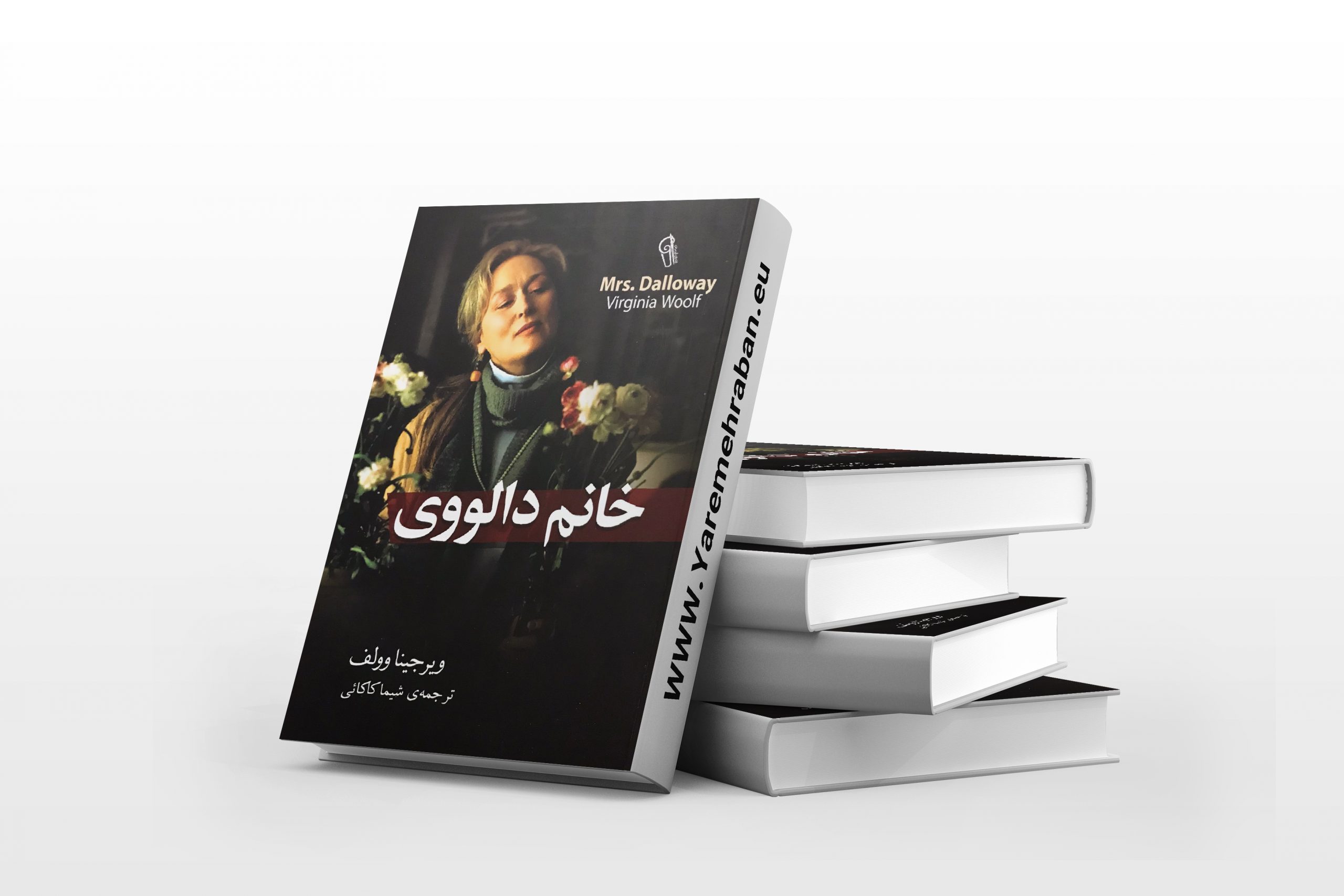


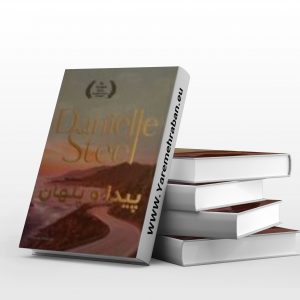



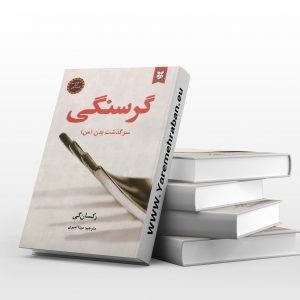
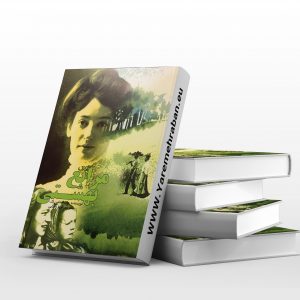
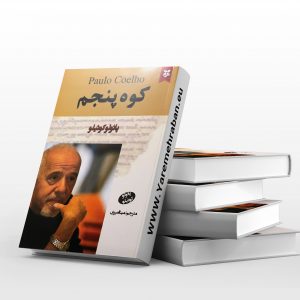



Reviews
There are no reviews yet.